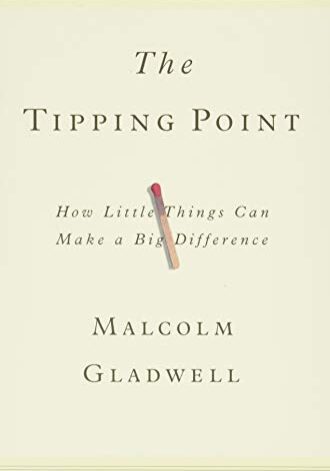Introduction
Hypnosis, a subject that's both mysterious and fascinating, is often misunderstood by many. This incredible tool, harnessing the power of the subconscious mind, has been used for everything from pain management to personal growth. But what is hypnosis, exactly? How does it connect with our brain waves, and how do hypnotherapists use it? Let's dive into the world of hypnosis to uncover its history, its various applications today, and the science behind it.
A Brief History of Hypnosis
The history of hypnosis dates back to ancient civilizations. Ancient Egyptians, Greeks, and Romans used forms of hypnosis for healing and religious rituals. In the 18th century, Franz Mesmer popularized the idea of "animal magnetism," leading to what we now recognize as hypnosis. You can learn more about this fascinating history at Francesca Sciandra's Blog.
Modern Development
In the 20th century, figures like Milton Erickson and Dave Elman contributed significantly to the therapeutic use of hypnosis, shaping it into a well-respected method for personal growth and therapy. Today, hypnotherapists use various techniques to tap into the subconscious mind, making it a versatile tool for many applications.
Understanding Brain Waves and Hypnosis
The human brain operates at different frequency levels, or brain waves. Hypnosis works by guiding the brain into a relaxed state, akin to daydreaming or deep meditation.
- Beta waves: Normal waking state
- Alpha waves: Light trance or relaxed state
- Theta waves: Deep relaxation or hypnosis
- Delta waves: Deep sleep
Through these stages, hypnotherapists can communicate directly with the subconscious mind. Research on these brain waves can be found at Scientific American's website.
Various Applications of Hypnosis
Hypnosis is employed in many areas today:
- Medical Hypnosis: For pain management and treating various ailments.
- Psychological Therapy: To treat anxiety, depression, and phobias.
- Personal Growth: Enabling self-improvement and achieving personal goals.
- Entertainment: Stage hypnosis for shows and entertainment.
How the Brain Responds to Hypnotherapy
The brain's response to hypnosis is still a subject of study and fascination. The relaxed state allows hypnotherapists to bypass the conscious mind, tapping into deep-seated beliefs and behaviors. This connection between brain waves and personal growth can create lasting changes in individuals, as detailed in Positive Psychology.
Conclusion
Hypnosis, a fascinating field combining history, science, and personal development, is more than just a mysterious practice. Understanding the subconscious mind, the influence of brain waves, and the application of hypnosis in various fields sheds light on a tool that continues to evolve. Whether you're seeking personal growth or simply curious about the science behind it, hypnosis offers a profound look into the human mind.



























